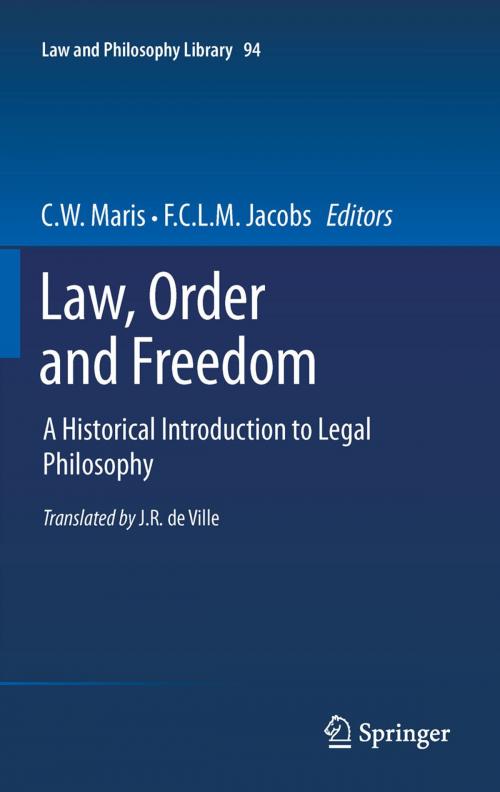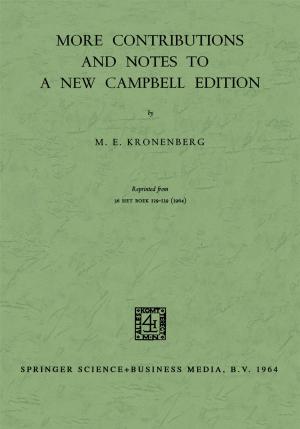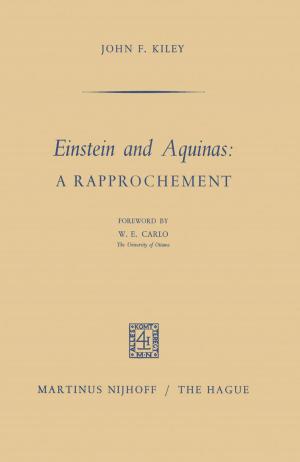Law, Order and Freedom
A Historical Introduction to Legal Philosophy
Nonfiction, Reference & Language, Law, Reference, Religion & Spirituality, Philosophy| Author: | ISBN: | 9789400714571 | |
| Publisher: | Springer Netherlands | Publication: | September 8, 2011 |
| Imprint: | Springer | Language: | English |
| Author: | |
| ISBN: | 9789400714571 |
| Publisher: | Springer Netherlands |
| Publication: | September 8, 2011 |
| Imprint: | Springer |
| Language: | English |
The central question in legal philosophy is the relationship between law and morality. The legal systems of many countries around the world have been influenced by the principles of the Enlightenment: freedom, equality and fraternity. The position is similar in relation to the accompanying state ideal of the democratic constitutional state as well as the notion of a welfare state. The foundation of these principles lies in the ideal of individual autonomy. The law must in this view guarantee a social order which secures the equal freedom of all. This freedom is moreover fundamental because in modern pluralistic societies a great diversity of views exist concerning the appropriate way of life. This freedom ideal is however also strongly contested. In Law, Order and Freedom, a historical overview is given pertaining to the question of the extent to which the modern Enlightenment values can serve as the universal foundation of law and society.
The central question in legal philosophy is the relationship between law and morality. The legal systems of many countries around the world have been influenced by the principles of the Enlightenment: freedom, equality and fraternity. The position is similar in relation to the accompanying state ideal of the democratic constitutional state as well as the notion of a welfare state. The foundation of these principles lies in the ideal of individual autonomy. The law must in this view guarantee a social order which secures the equal freedom of all. This freedom is moreover fundamental because in modern pluralistic societies a great diversity of views exist concerning the appropriate way of life. This freedom ideal is however also strongly contested. In Law, Order and Freedom, a historical overview is given pertaining to the question of the extent to which the modern Enlightenment values can serve as the universal foundation of law and society.















